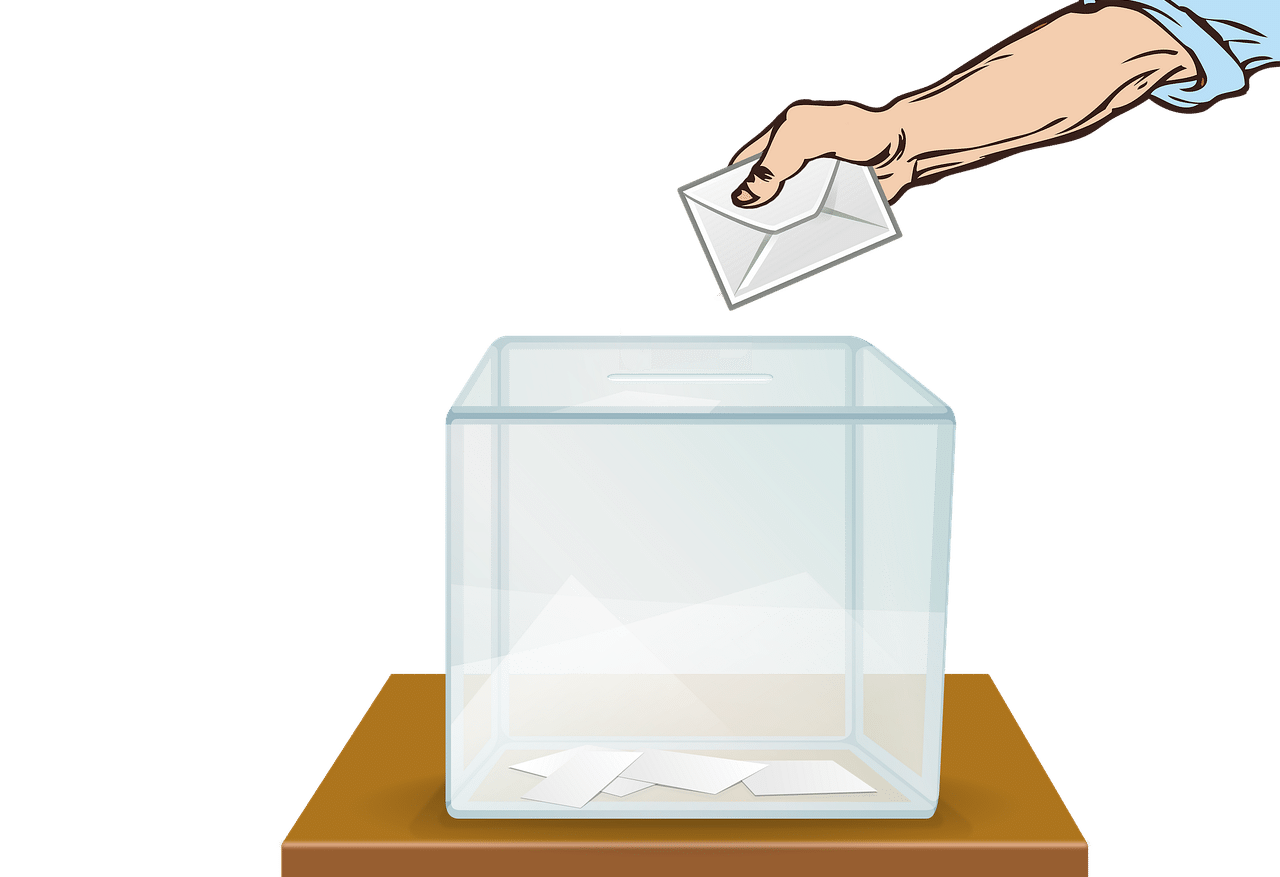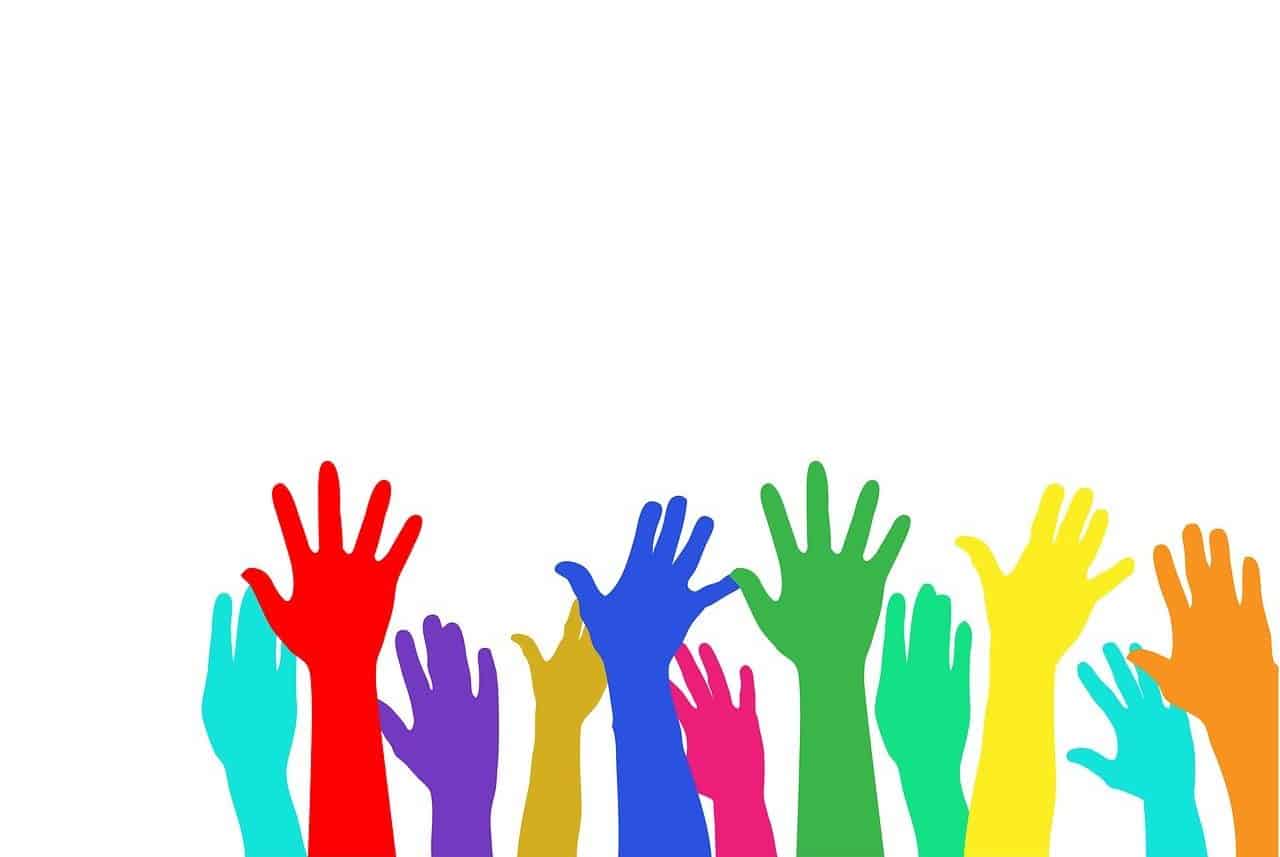
The right to vote is part of human rights.
The right to vote is the power of a person to cast a vote . Thanks to this power, the individual is enabled to participate in an election process, selecting the option that they consider appropriate according to their interests or ideals.
It should be noted that a right is a power derived from the condition or state of a human being. Through it, each subject can demand or do what the authorities or legislation determine in their favor. The vote , meanwhile, is the manifestation of a preference between different available options.
The idea of the right to vote usually refers to the power of citizens to elect their rulers or representatives . It generally materializes with the possibility of selecting the candidate of a political party within the framework of an electoral process.
History of the right to vote
The history of the right to vote went through various stages until reaching the so-called universal suffrage , which authorizes voting for all adults regardless of their gender , race , ethnicity , economic condition or social position.
Although currently the electoral systems of a representative democracy usually encourage massive citizen participation , this intervention by a large part of civil society to define who will occupy public positions is quite recent.
For many centuries, the right to vote was highly restricted. In the feudal regime, subjects did not enjoy the status of free men, which meant they could not vote. Over time, the electoral base expanded, but certain groups continued to be excluded for various reasons (illiterates or women could not vote, for example).
In this sense, census or restricted suffrage was a resource to limit the right to vote. Common in the 18th and 19th centuries , it consisted of the preparation of an electoral census that recorded those who were authorized to vote. Thus, those who did not meet educational, economic, etc. requirements were left out.
The path to expanding the right to vote had a milestone with women's suffrage . In 1893 , New Zealand was a pioneer in approving women to vote under the same conditions as men. In any case, the adoption of this type of measures by other countries was slow: in Colombia , for example, women were only authorized to vote in 1957 .

The activism of the suffrage movements promoted the right to vote in numerous countries.
Characteristics of suffrage today
The characteristics of suffrage today vary according to each country and its Constitution . There are different types of government systems and the voting law depends on the region.
Generally, the secret vote is established. In this way, a citizen is prevented from suffering retaliation for his or her decision. A possible mechanism to guarantee this condition is that the citizen, when approaching the voting station, receives an envelope and then has to enter the so-called dark room . There, without anyone seeing him, he chooses the ballot he wants and places it in the envelope. Then, return to the table and deposit the closed envelope with the ballot inside in a ballot box.
Electoral legislation may also establish compulsory voting . In this case, the right becomes a citizen obligation. Sometimes, however, the obligation does not apply to all people: in Argentina , those who are over 70 years old can decide to go to vote or abstain, while those who are between 16 and 18 years old are not punished by law in case of not cast your vote.

Through the right to vote, a citizen can participate in the election of president, mayor, legislators and other officials.
Limitations on the right to vote
Limitations on the right to vote occur in different ways. In a dictatorship , the rulers can directly annul it since they are not governed by the Constitution or the laws.
In a rule of law , however, the situation is different. A ruling political party could try to resort to electoral fraud (by manipulating the vote count, for example) to prevent the political opposition from succeeding, an action that violates the rules. To reduce the risk of these violations, electoral observers usually intervene to guarantee the transparency of the processes.
In this situation, which is illegal, the citizen is not prevented from voting. What would happen is that the government does not respect the will of the voter.
Other limitations, on the contrary, are contemplated by law. The most frequent is related to age, setting a minimum age to acquire the right to vote.
Foreign citizens, on the other hand, are often prevented from voting. Something similar happens with residents who suffer from a legally recognized mental disability.
As for people who are incarcerated, they usually lose both the right to vote and the rest of their political rights . In some nations, however, those who are deprived of their liberty but do not yet have a firm conviction are allowed to vote.
